Jarrad Davis finished his rookie season with the Detroit Lions second on the team with 96 tackles, which ranked first among all NFL rookies and first-year players in 2017.
Davis ranked in the top 15 among the NFL's inside linebackers stopping the run, and in the top 10 as a pass rusher from that position, according to Pro Football Focus stats.
But when it came to defending the pass, there were times when Davis struggled. In coverage, Davis ranked 51st out of 52 qualifying inside linebackers by PFF. He allowed 46 receptions on 56 targets for 476 yards and two touchdowns.
View photos of the Detroit Lions linebackers in 2017.


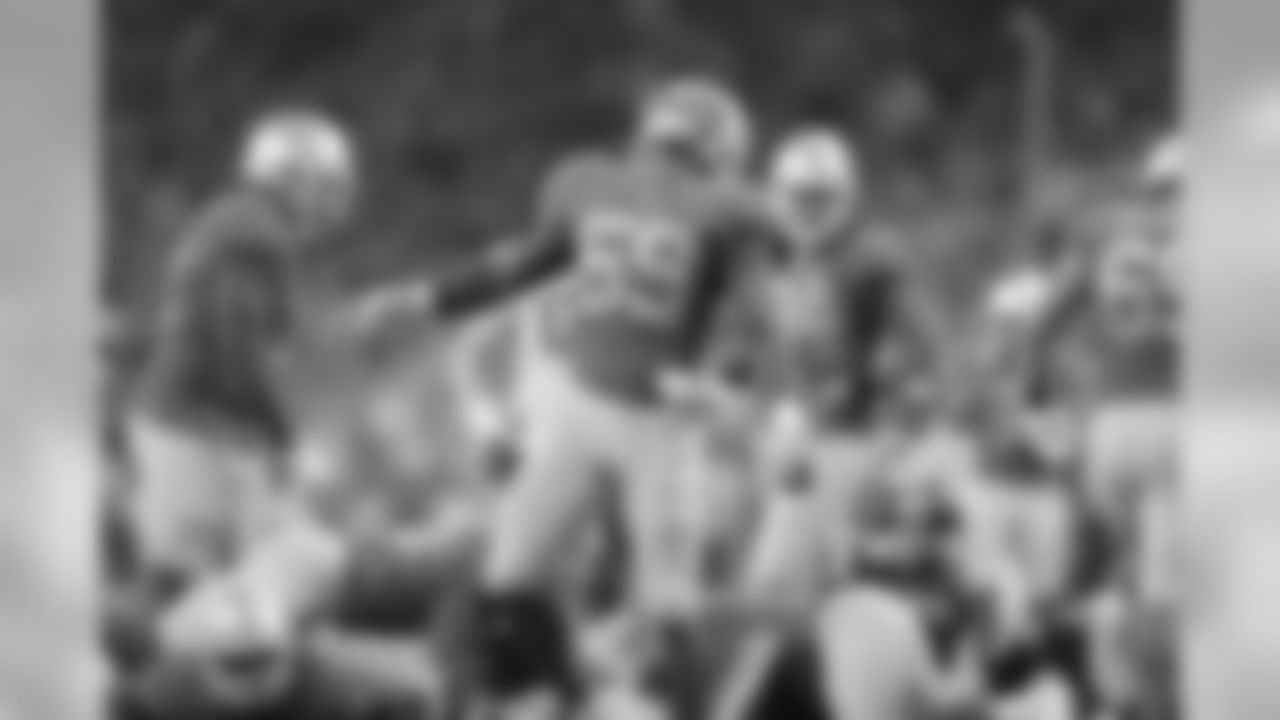



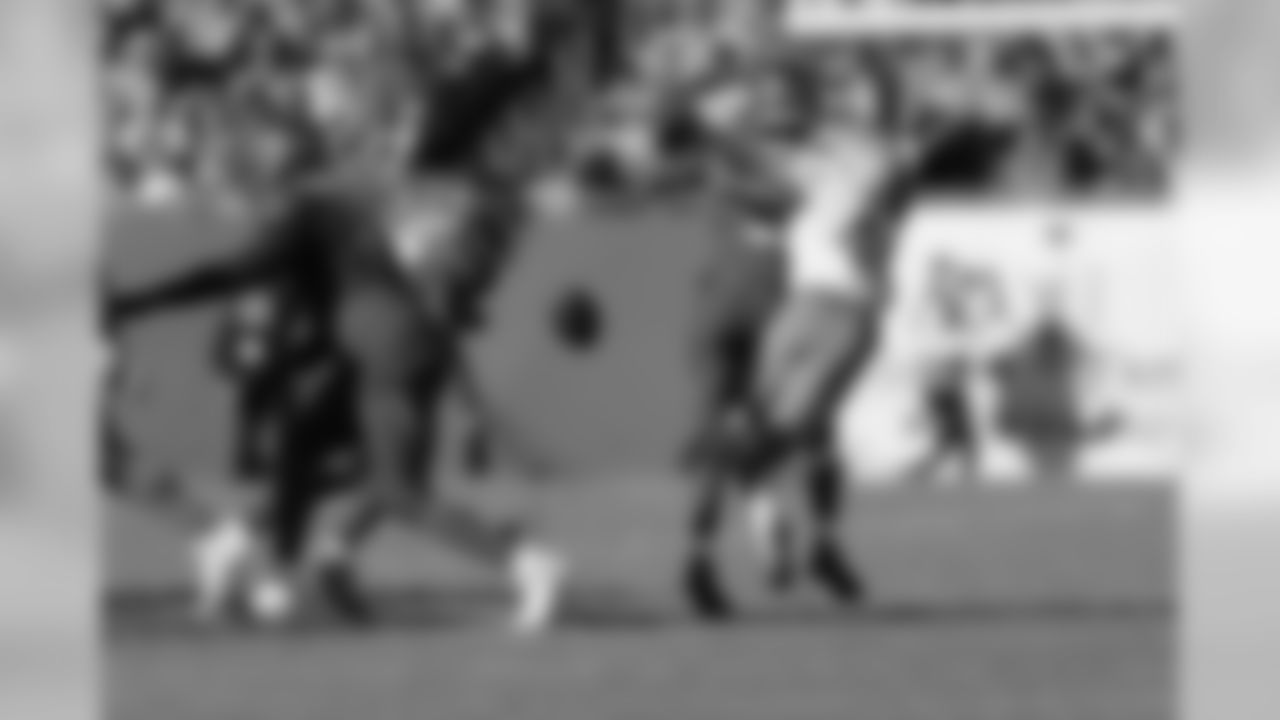

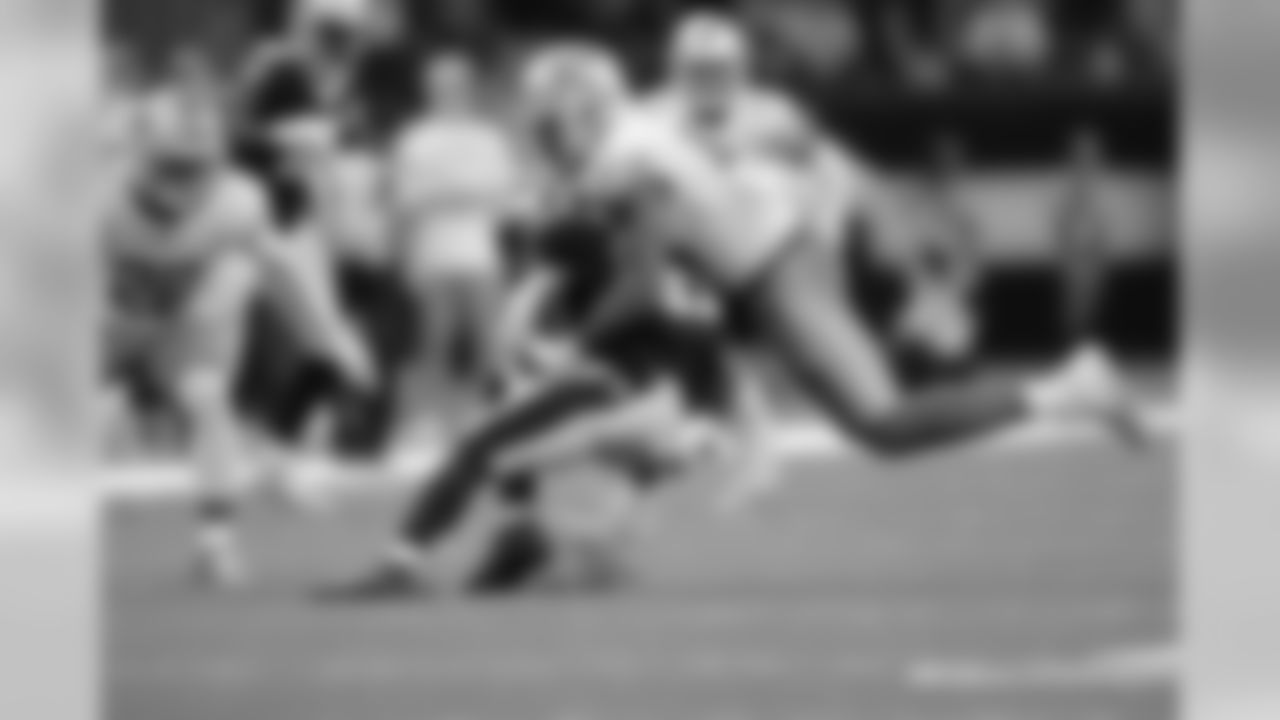




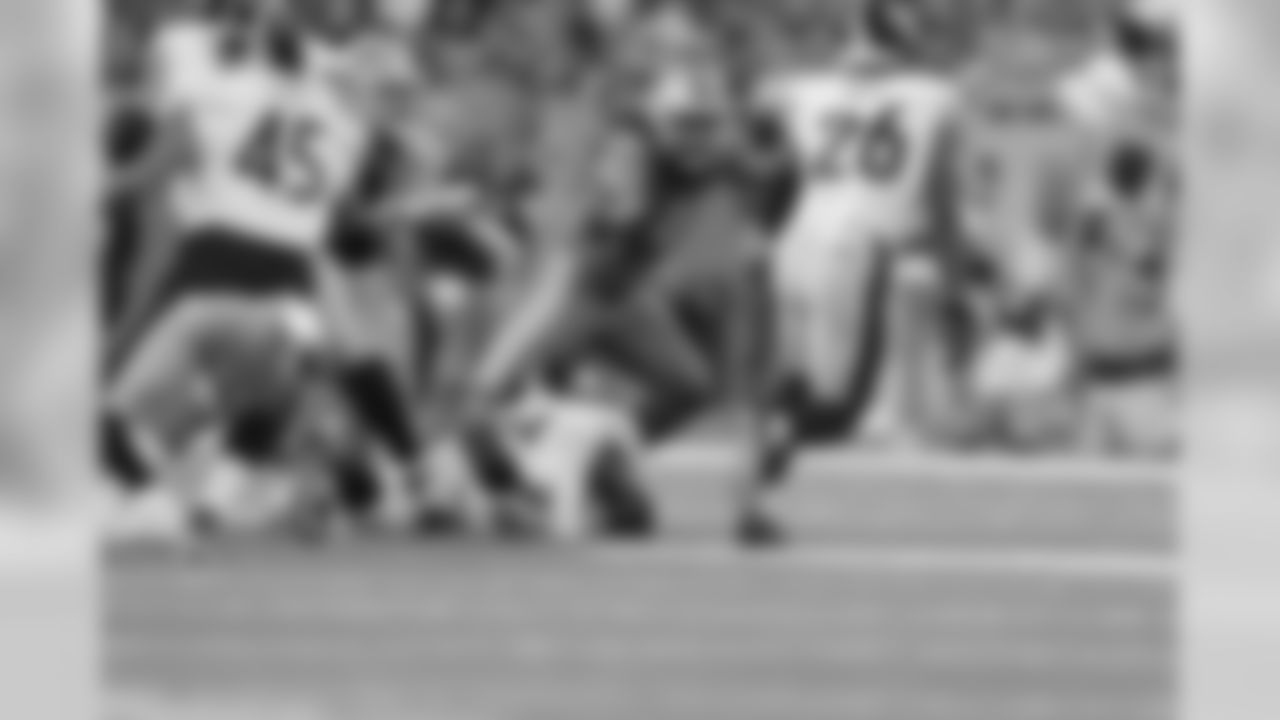


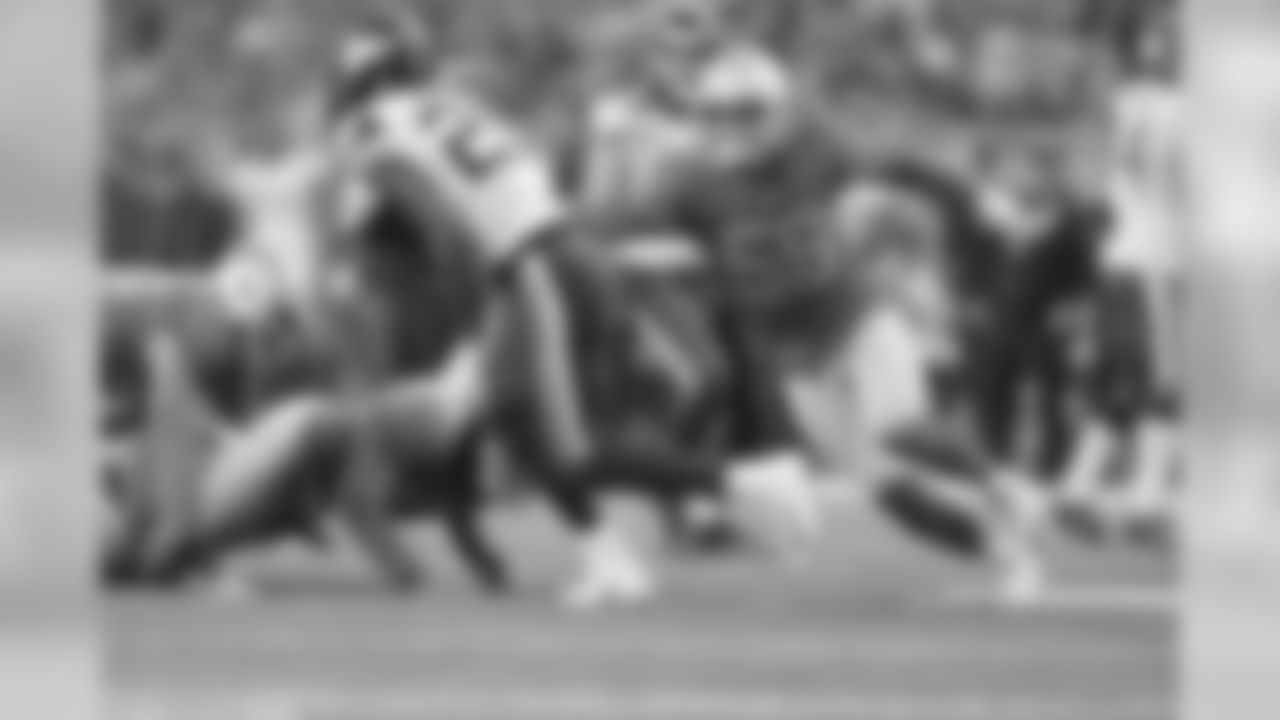

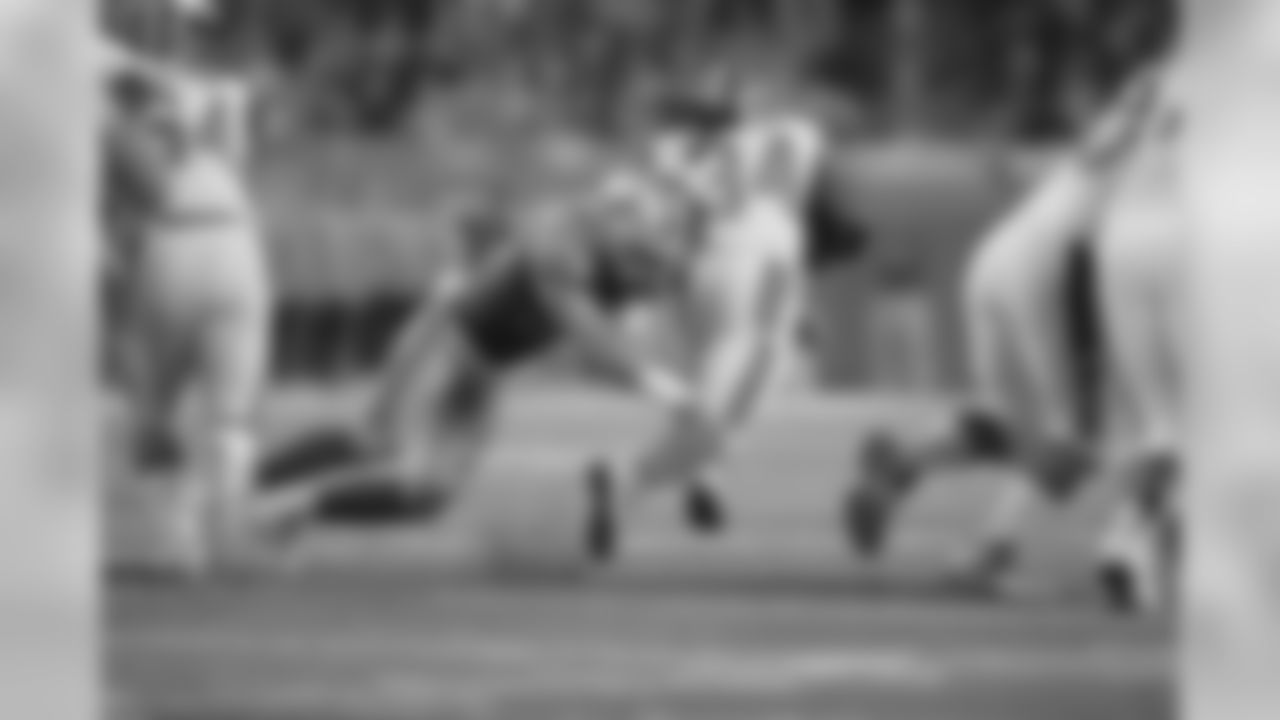


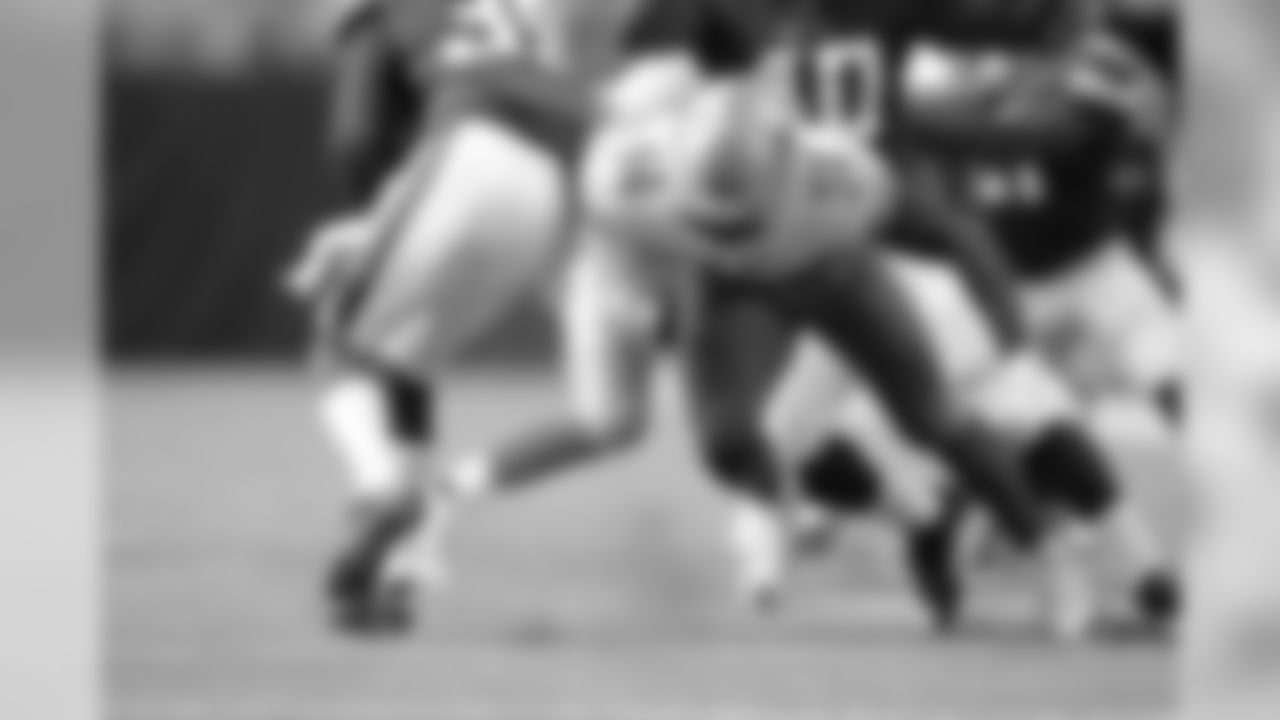
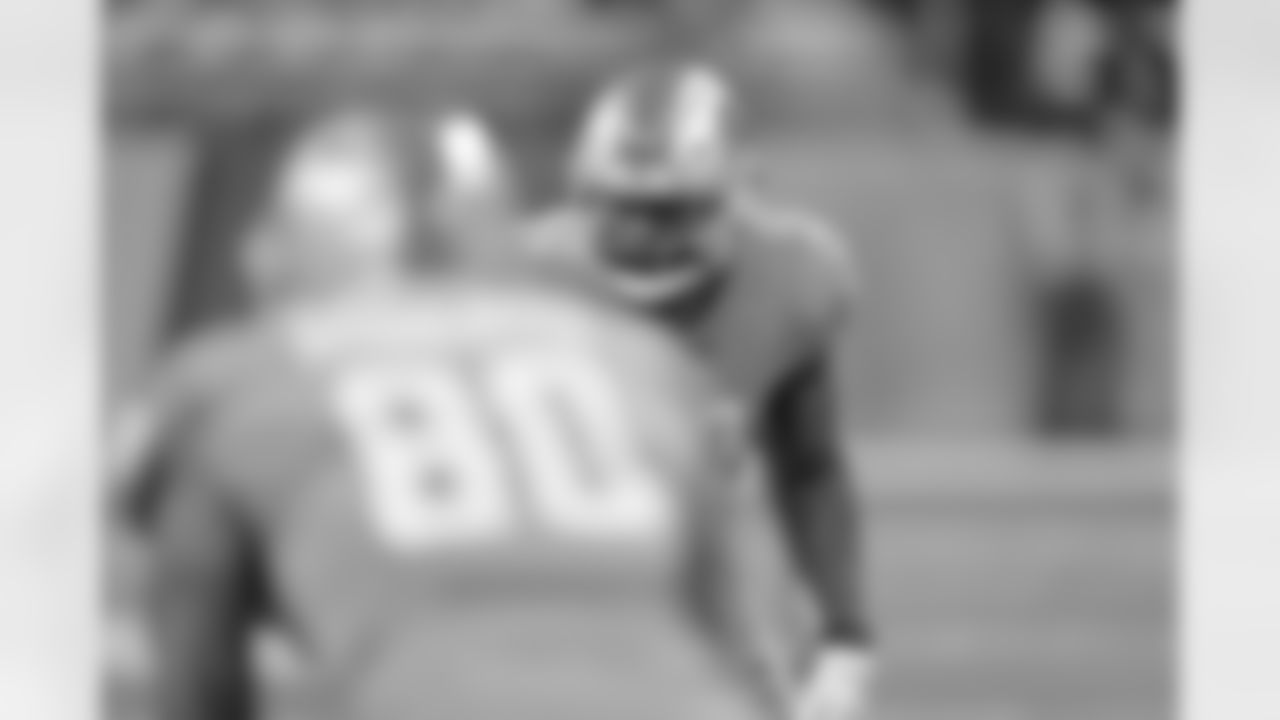



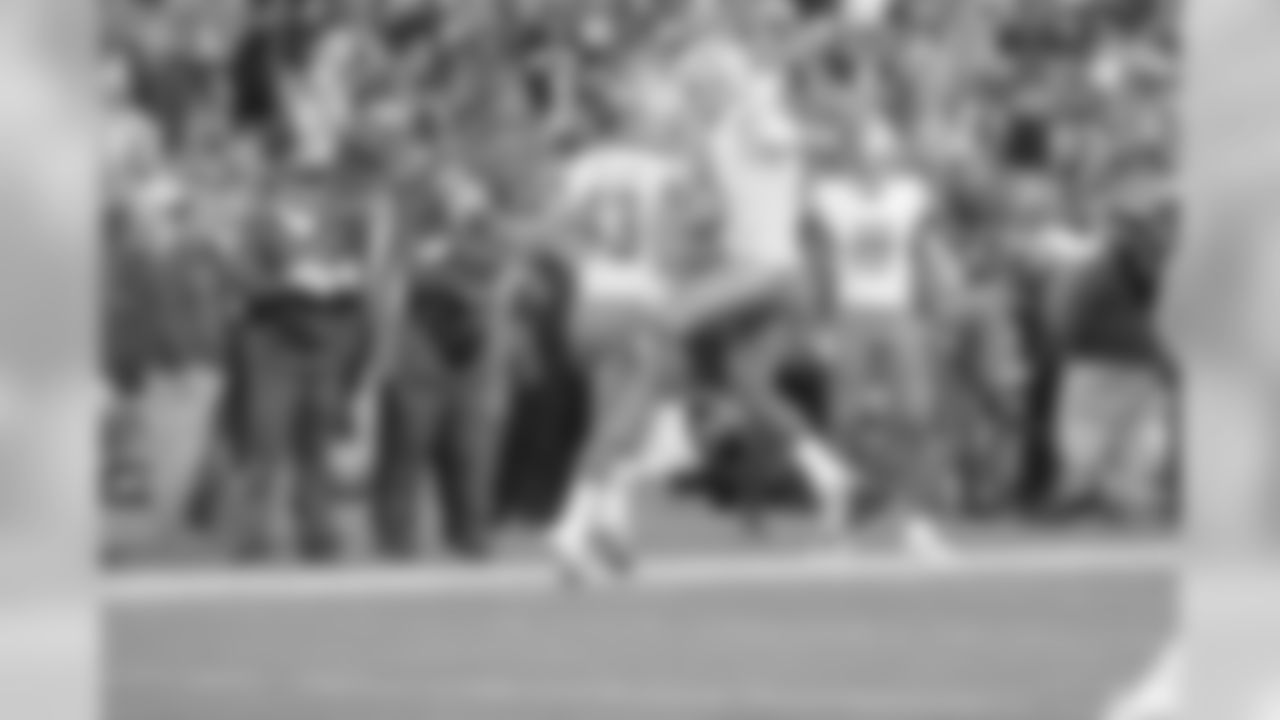

Opposing passers had a 106.5 passer rating when targeting Davis, and there was even a point midseason where Davis' role was reduced, and he was taken off the field on obvious passing downs.
"I think that the reason it was scaled back is because we thought Tahir (Whitehead) was doing really well in terms of how he was handling the coverage," former Lions defensive coordinator Teryl Austin said at the time. "So, we wanted to put ... whatever we think is the best for us to win that game.
"At this point in the season, we want (Davis) to develop, but we can't have him develop at the chance that we're sitting a guy that could probably do that position better at this particular time. Jarrad will get better because he's working at it. He's getting reps in practice."
To Davis' credit, he was better in coverage later in the season, and will no-doubt focus on improving that aspect of his game this offseason.
It's not uncommon for a young linebacker, even one as fast and athletic as Davis, to struggle in the pass game early on.
Tedy Bruschi, a 13-year NFL veteran linebacker, who won three Super Bowls with New England and was named All-Pro twice, said it's very common for young linebackers like Davis to struggle in the passing game early on.
Bruschi said the run game from to the college game to the pro game is pretty consistent because it essentially comes down to reading offensive linemen.
"You end up getting those reads down usually soon because of your background and all the different runs you've seen at the college level," he said. "That's why you're able to play the run almost, in my opinion, very early if you're a good young linebacker."
The professional pass game, however, is a whole different animal to conquer for a young linebacker, according to Bruschi.
"For young players, going from thinking about the run and then shifting quickly and recognizing it's a pass, to then recognizing route combinations, thinking about the down and distance, who the threat is, where you should double, is it zone, is it man, are there post-snap adjustments?" he said. "That's where all the intricacies come into play."
When there's a run, a linebacker looks at a couple keys, and rushes to the ball. When it's a pass, there are so many more elements that have to be run through in a player's mind.
"It's what took me a long time, also," Bruschi admitted. "Early on in your development you just think, 'alright, I just have to get to this point where I'm supposed to drop to.'
"So, you end up learning that, but after that, there's a third-level aspect of it in terms of, 'what am I seeing in front of me and what do I anticipate what's behind me' and then I haven't even talked about when you're man-to-man and the various techniques and all the challenging running back and tight ends you could cover."
Bruschi says it's natural for young linebackers to be better against the run they are the pass early on, and Lions fans shouldn't be concerned just yet about Davis as a pass defender.
"It's natural that it's taking him a little longer," Bruschi said of Davis. "But that's something a good young player like that can eventually come in his second year and third year."













